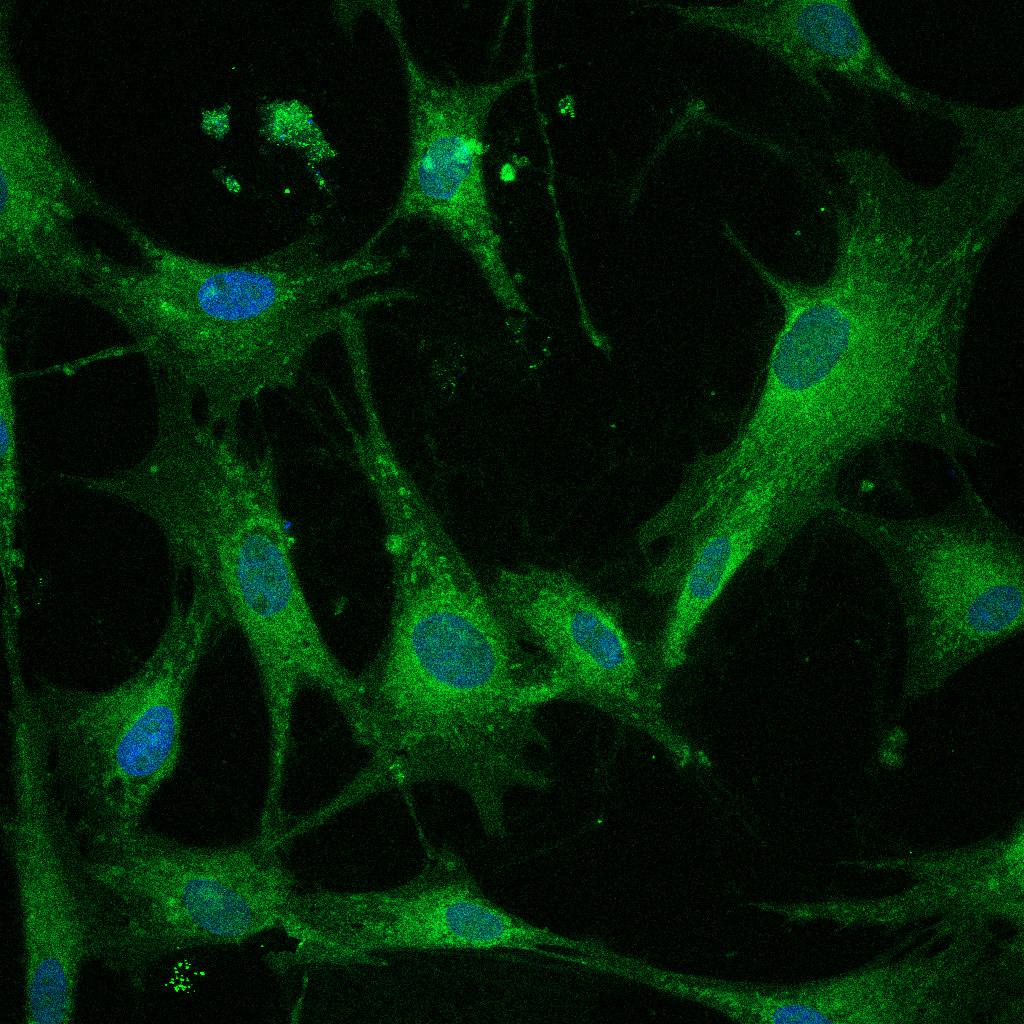Metabolic Reprogramming in Colon Cancer Cells Persistently Infected with Newcastle Disease Virus
Newcastle disease virus (NDV) is an oncolytic agent against various types of mammalian cancers. As with all cancer therapies, the development of cancer resistance, both innate and acquired, is becoming a challenge. In this study, we investigated persistently NDV-infected Caco-2 colon cancer cells, designated as virus-resistant (VR) Caco-2 cells, which were then able to resist NDV-mediated oncolysis. We applied single-cell Raman spectroscopy, combined with deuterium isotope probing (Raman-DIP) techniques, to investigate the metabolic adaptations and dynamics in VR Caco-2 cells. A linear discriminant analysis (LDA) model demonstrated excellent performance in differentiating VR Caco-2 from Caco-2 cells at single-cell level. By comparing the metabolic profiles in a time-resolved manner, the de novo synthesis of proteins and lipids was found upregulated, along with decreased DNA synthesis in VR Caco-2. The results suggest that VR Caco-2 cells might reprogram their metabolism and divert energy from proliferation to protein synthesis and lipidic modulation. The ability to identify and characterise single resistant cells among a population of cancer cells would help develop a deeper understanding of the resistance mechanisms and better tactics for developing effective cancer treatment.
